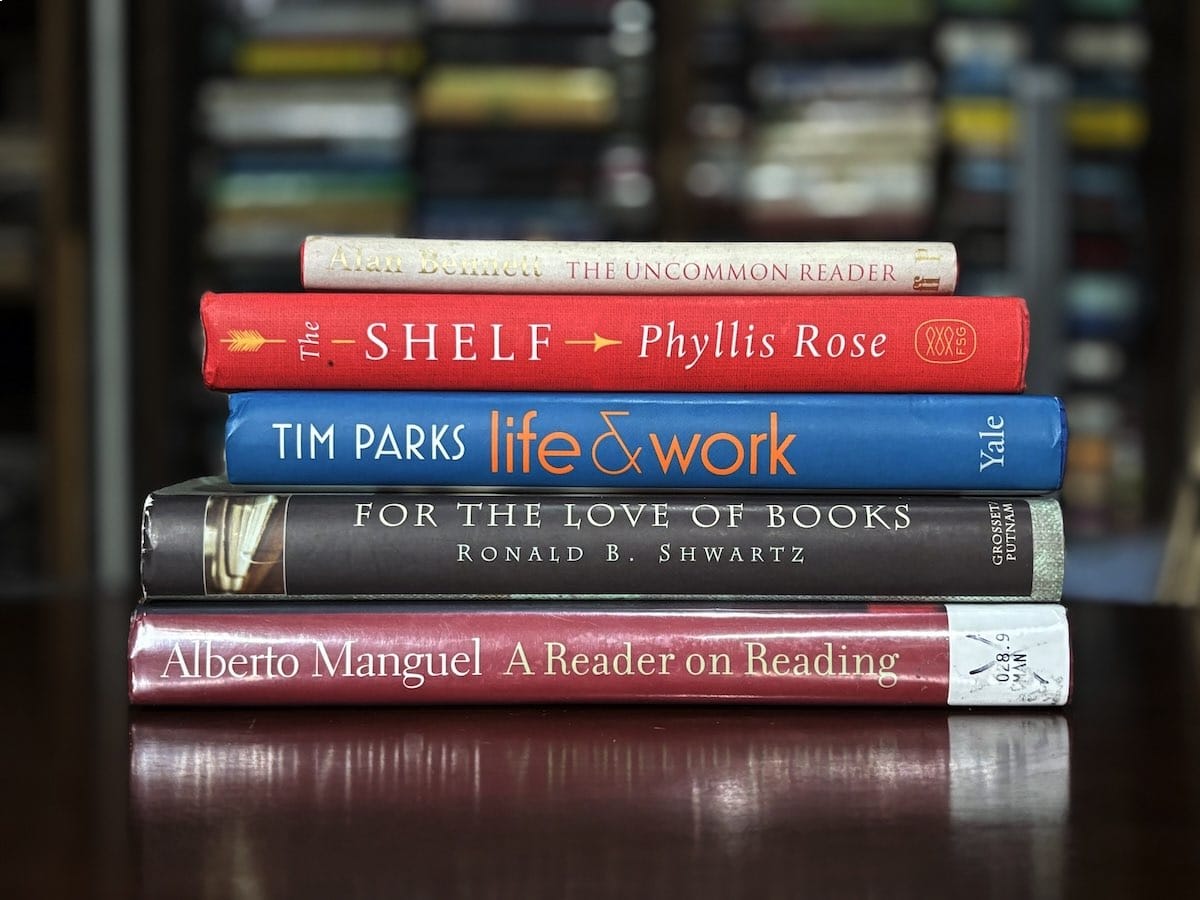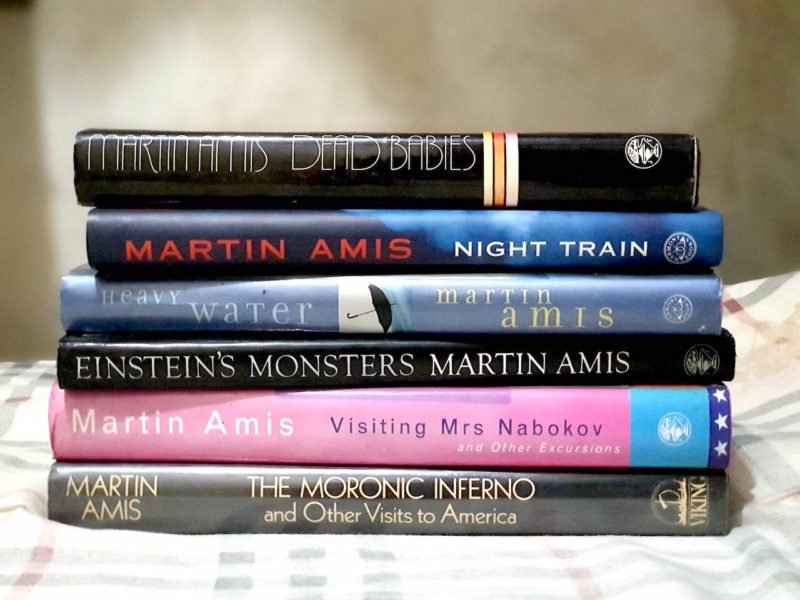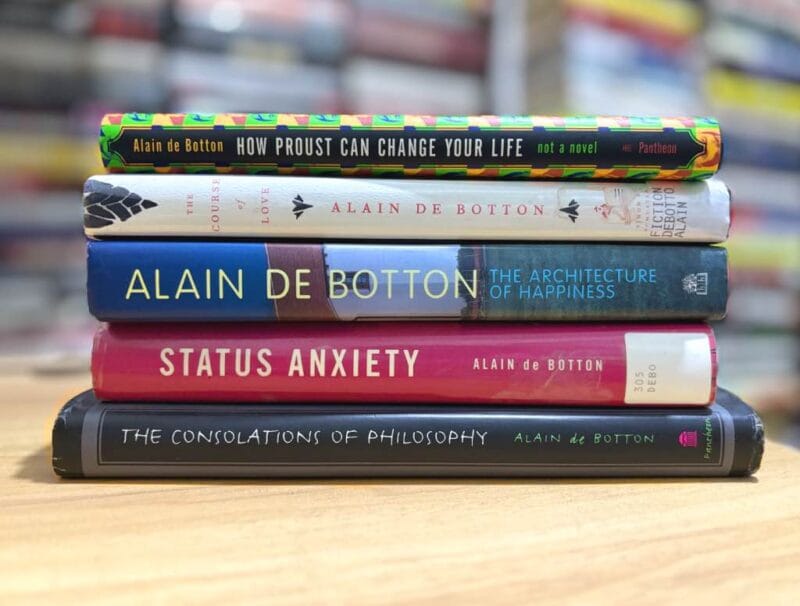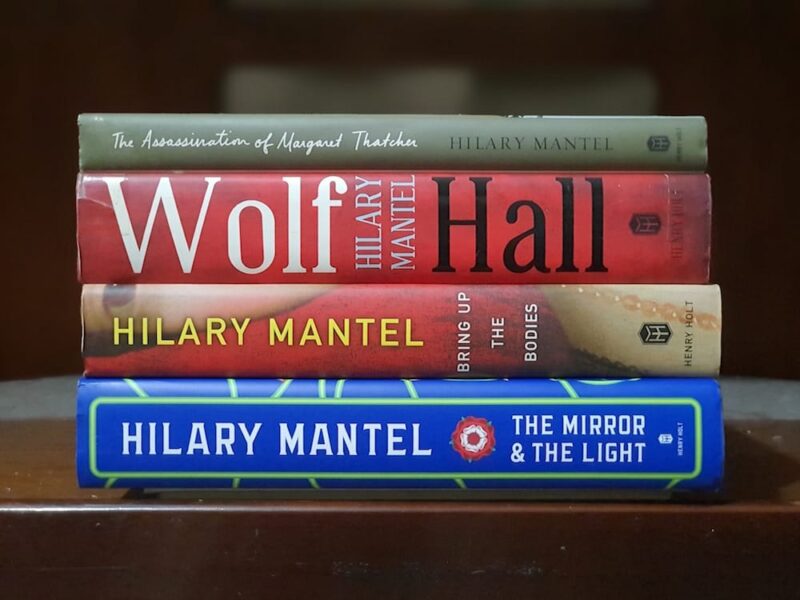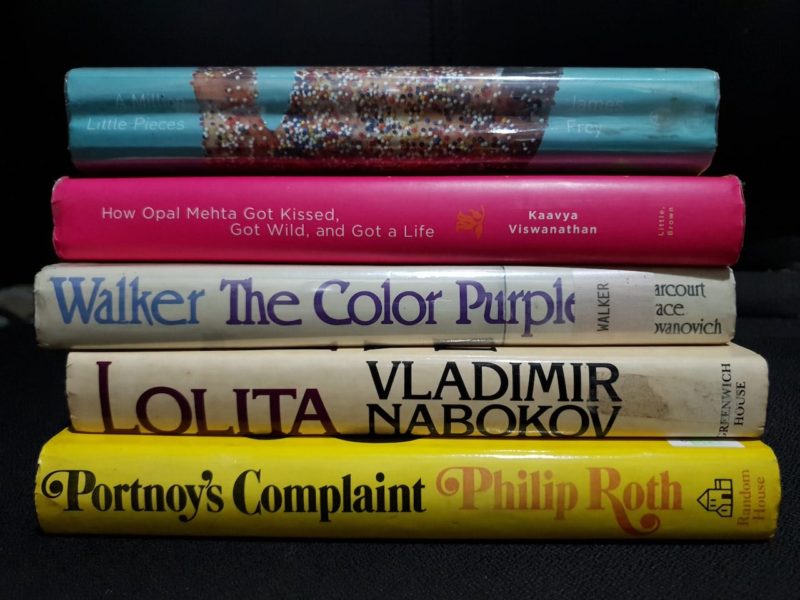The act of reading itself has been a subject of fascination and introspection for many authors. This blog post looks at a few works that celebrate reading while also providing interesting insights on how the act itself impacts our lives. These books about reading are an invaluable resource for anybody who likes to read since they each provide a unique perspective, style, and subject.
One of the books in this collection explores the unexpected literary journey of a monarch, which makes it a delightful read, offering a light-hearted yet meaningful look at how books can change us.
Another book deals with how the author embarks on a literary adventure by selecting a random shelf in a library and committing to reading its entire contents.
Another explores the symbiotic relationship between the act of writing and the act of reading, offering a compelling argument for the significance of literature in our personal and professional lives.
And another, a collection of essays and personal narratives that celebrates the profound impact that books have had on the author’s life and the lives of other notable individuals.
And lastly, an acclaimed reader and writer shares his experiences and thoughts on various aspects of reading: its history, its importance in understanding oneself and the world, and its power to transport.
The Uncommon Reader (2007)
At the heart of this novella is none other than the Queen of England, who, quite unexpectedly, becomes an avid reader. This turn of events begins almost accidentally when she stumbles upon a mobile library parked near Buckingham Palace. What starts as a polite interest soon blossoms into a passionate love affair with books, altering her outlook on life and her role as a monarch.
Through the Queen’s journey, Alan Bennett explores themes such as the democratizing power of reading, the ability of books to broaden one’s horizons, and the deep personal introspection that reading can provoke. The Queen, once distant from the common experiences of her subjects, finds herself increasingly empathetic and reflective, traits spurred by her engagement with various literary worlds and characters.
Although Bennett’s narrative has a lighthearted and witty tone, it deftly incorporates profound insights about the value of reading. The story humorously depicts how the Queen’s newfound hobby disrupts the royal household and her official duties. Her advisors and attendants are baffled and somewhat dismayed by the changes in her behavior, from her late arrivals at events to her inquisitive conversations influenced by her latest reads. This comedic element adds a delightful charm to the story, making it a joyous read.
Bennett’s novella is an ode to books and their ability to influence us in unexpected ways. Its narrative will appeal to anyone who has ever been lost in the pages of a book, emerging with fresh insights and a broader knowledge of the world.
The Shelf: From LEQ to LES (2014)
As told in this book, Phyllis Rose selects a seemingly random shelf of books in the New York Society Library and commits to reading its entire contents, regardless of genre, fame, or authorship. This audacious approach to reading not only tests the boundaries of literary exploration but also offers a refreshing perspective on the act of reading itself.
Rose’s selection, determined by the library’s cataloging system, includes a mix of fiction and nonfiction, well-known authors, and those long forgotten. This arbitrary selection becomes a microcosm of the literary world, where classics coexist with lesser-known works. Rose’s narrative is a reflection on this literary potpourri, weaving personal anecdotes with thoughtful analyses of each book she encounters.
What sets this book apart is its underlying philosophy: that every book, regardless of its perceived value, has something to offer. Rose questions readers’ assumptions about what constitutes a worthwhile book. She demonstrates that often ignored works can be just as enlightening as their well-known equivalents by finding worth and insight in the most unlikely places. Her strategy invites readers to embrace the unfamiliar and go outside of their literary comfort zones.
There is more to Rose’s research than just a list of book reviews. It’s a reflection on the nature of books, the serendipity of discovery, and how the literary world is evolving. She considers how libraries might preserve novels that aren’t as well-known or in print, preserving a rich and varied literary legacy. Her story gains complexity from these realizations, transforming The Shelf from a personal reading journey into a more comprehensive critique of the literary world.
Life and Work: Writers, Readers, and the Conversations Between Them (2016)
Tim Parks, a renowned literary critic and accomplished author, contributes a distinctive viewpoint by capitalizing on his profound expertise in literature. The fundamental tenet of Life and Work posits that the processes of writing and reading are intricately intertwined, with each activity exerting an influence on and providing information for the other. Parks investigates the reciprocal relationship between writers and their readers, imagined and actual, tracing the ways in which readers are molded by the texts they interact with.
By interspersing personal anecdotes and insightful analysis, Parks’ essays render intricate literary theories comprehensible and captivating. He examines the challenges authors face when attempting to convey their ideas and the ways in which readers’ interpretations can vary greatly depending on their own cultural background and personal experiences. This investigation underscores the inherently subjective quality of the reading experience and the individual reader’s imaginative process of interpretation.
Parks’ analysis of the effect of a writer’s personal life and cultural background on their work is one of the book’s noteworthy elements. He contends that literature cannot be separated from its author’s life and circumstances since these variables inevitably impact the topics, style, and content of their work. This viewpoint provides readers with a better grasp of the background of diverse works of literature, enriching their reading experience.
Life and Work is a book that appeals to anyone with a profound interest in the ways in which we interact with literature, not just writers and literary enthusiasts. This book significantly enhances the discourse surrounding the writer-reader dynamic by providing a nuanced and illuminating viewpoint on the inner dialogues that occur within the text. It encourages us to contemplate the profound yet frequently overlooked correlations that exist among professional life, personal endeavors, and the literary craft of reading.
For the Love of Books: 115 Celebrated Writers on the Books They Love Most (1999)
This compilation is not just a collection of book recommendations; it’s a window into the hearts and minds of some of the most celebrated writers of our time, revealing the books that have influenced and inspired them the most.
One of the most captivating aspects of this book is the intimate glimpse it offers into the reading lives of famous authors. Ronald Shwartz has meticulously curated a diverse array of voices, each sharing their personal experiences and connections with their favorite books. This range of perspectives offers readers a rich tapestry of literary love affairs, spanning genres, periods, and styles.
This book offers a conversation piece across time and space, with each writer revealing not just their favorite book but also why it holds such a special place in their heart. We learn about the books that shaped their writing, the characters that have stayed with them, and the stories that have echoed through their own works. This insight is invaluable, as it deepens our understanding of these writers and their creative processes while also offering new perspectives on familiar works.
Importantly, For the Love of Books serves as an inspiration for readers to explore new titles and authors. Each essay is an invitation to delve into the works that have inspired these writers, expanding one’s literary horizons and perhaps discovering new favorites along the way. The book is a testament to the enduring power and relevance of literature in our lives.
A Reader on Reading (2010)
Alberto Manguel, an internationally acclaimed bibliophile and author, presents a series of essays that weave together his own experiences as a reader with broader reflections on the significance of reading in human life.
A Reader on Reading is a testament to Manguel’s life-long love affair with books. The essays cover a wide range of topics, from the joy of reading as a child to the more complex relationship between reading and identity in adulthood. Manguel discusses how books have served as companions, teachers, and gateways to new worlds throughout his life. His reflections are deeply personal, yet they resonate universally, striking a chord with anyone who has ever lost themselves in a good book.
The essays explore themes such as the relationship between books and memory, the process of translating texts, and the role of the reader in completing the meaning of a book. Manguel argues that reading is not a passive act but a creative one, where the reader plays an active role in interpreting and giving life to the text. He discusses how books can be tools of resistance and empowerment, offering insights into different cultures and perspectives. He also reflects on the censorship of books and the danger of losing access to diverse voices and stories. These discussions highlight the importance of reading in fostering empathy, understanding, and critical thinking.
Memorable Quotes
The appeal of reading, she thought, lay in its indifference: there was something lofty about literature. Books did not care who was reading them or whether one read them or not. All readers were equal, herself included. Literature, she thought, is a commonwealth; letters a republic.
Page 31, The Uncommon Reader by Alan Bennett
There is no way to read a text putting aside who one is and what one has experienced. In this sense, as many twentieth-century literary critics came to understand, every reading of a book is the creation of a new book. Every reading is a misreading.
Page 34, The Shelf: From LEQ to LES by Phyllis Rose
The text has an objective existence. Things can be demonstrated. Your reaction to it is personal. It is not the same as my reaction. It might not be the same today as it will be tomorrow. Best not to talk about it. Yet when we read, we do so for our personal response, and if literary criticism is so little read, it is because it has so little to say to the ordinary reader.
From the Introduction of Life and Work by Tim Parks
Reading for me had became fun again but no mere parlor game. I would read, as readers do, to tame the unfamiliar or see the familiar through new and enlightened prisms; to see how different, or eerily familiar, another person’s interior life could be from my own.
From the Introduction of For the Love of Books by Ronald B. Shwartz
Whether the artist has abandoned his creative career or pursued it until his last breath has been drawn, whether he feels that something of what he has done will survive his dust and ashes, or whether he is certain that his work is, as Ecclesiastes warns us, nothing but “vanity and vexation of spirit,” it is we, the audience, who continue to seek in what has been created and set before us a certain order or merit, an aesthetic, moral, or philosophical hierarchy. We think we now better.
Page 140, A Reader on Reading by Alberto Manguel
Further Reading
The Art of Reading by David Cecil, The Atlantic
How Reading Changes Your Perspective by Beanstack
The lost art of reading by David L. Ulin, Los Angeles Times
Can reading make you happier? by Ceridwen Dovey, The New Yorker

